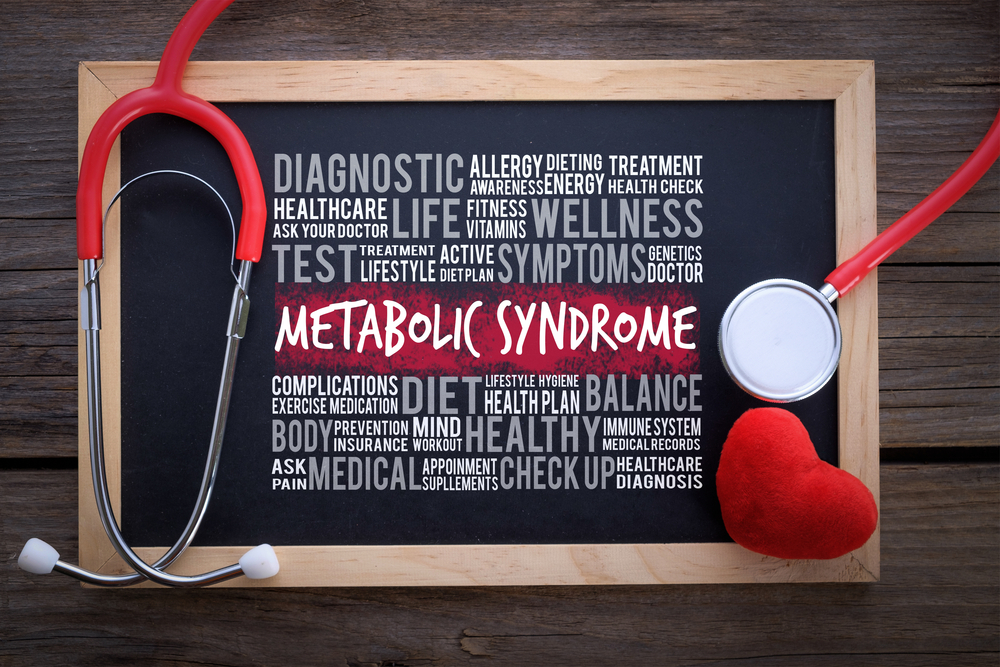
According to a study in the Journal of Clinical Medicine, “The presence of MetS [metabolic syndrome] coupled with unhealthy habits amplifies the susceptibility to developing HUA [hyperuricemia], particularly among women.”
The study aimed to explore these distinctions, specifically within the context of MetS, cardiovascular disease (CVD) risk factors, and unhealthy lifestyles. The investigators also evaluated the joint effects of these factors based on sex.
A cross-sectional study was conducted using data from the Korean National Health and Nutritional Examination Survey spanning from 2016 to 2018. The study employed multivariable logistic regression analysis, calculating adjusted odds ratios (ORs) with 95% CIs. Subgroup analyses were performed based on sex and the presence of MetS with or without unhealthy lifestyle factors such as tobacco use and alcohol intake.
The study revealed notable sex-based differences in the relationships between HUA and MetS, CVD risk factors, and lifestyle behaviors. Women (OR, 2.40; 95% CI, 1.78-3.23) had a higher associated risk between HUA and MetS than men (OR, 1.80; 95% CI, 1.47-2.20).
A key finding was the significant association between MetS and HUA in both men and women, irrespective of alcohol consumption and smoking status. However, this association was found to be stronger in women.
Furthermore, the research highlighted a synergistic effect of MetS and lifestyle factors on the risk of HUA, particularly in women. Compared with the control group, women with MetS and unhealthy lifestyle factors faced up to a fourfold increase in the risk of HUA (OR, 4.26; 95% CI, 2.47-7.35).
The researchers concluded by advocating for further clinical trials that involve interventions targeting lifestyle habits and MetS to establish the causality of the observed associations.







 © 2025 Mashup Media, LLC, a Formedics Property. All Rights Reserved.
© 2025 Mashup Media, LLC, a Formedics Property. All Rights Reserved.